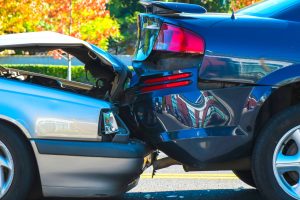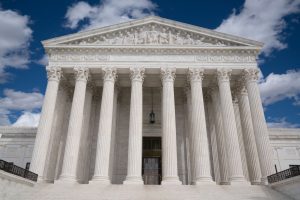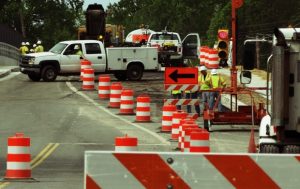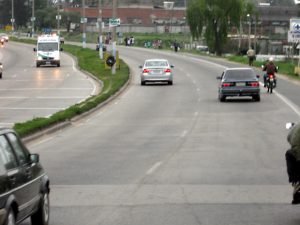Rear-end collisions are one of the most common types of Fort Lauderdale car accidents, and such circumstances create a rebuttable presumption that the driver in the rear was at-fault. But brake-checking – when a driver purposely slams on their brakes in order to scare or intimidate another driver – can be the basis to refute such claims. 
As our Fort Lauderdale car accident lawyers can explain, brake checking is essentially a form of road rage. It can be done in response to someone following the brake-checker too closely, a practice called tailgating. Or it can simply be an aggressive driving tactic intended to annoy or scare the driver behind them for other reasons. The intention is rarely to cause a crash, but that’s a very real risk with brake-checking.
Brake checking is illegal. The Florida law on tailgating, F.S. 316.0895, explains that drivers can’t follow other motorists more closely than is reasonable and prudent. They must also have regard for the speed of traffic and road conditions. Sudden braking is a known potential on any road as hazards can quickly arise or conditions can abruptly change. That’s why the law requires drivers to maintain a reasonable distance from the car in front of them. However, if the driver in the lead intentionally or improperly slams on the brakes or stops, this can be used as evidence to effectively rebut the presumption of rear driver negligence in the event of a crash.
In the 2019 case of Fonger v. Nall, the Florida’s 5th District Court of Appeal noted that if left unrebutted, the presumption in rear-end collisions is that the rear-driver was negligent and at-fault. Rebutting the presumption requires proof of one of the following:
- A mechanical failure affecting the rear driver’s vehicle.
- A sudden stop by the lead driver.
- A sudden lane change by the lead driver.
- An illegal or improper stop by the lead driver.
Brake-checking would fall under the second or fourth point here. Continue reading
 Broward Injury Lawyer Blog
Broward Injury Lawyer Blog












